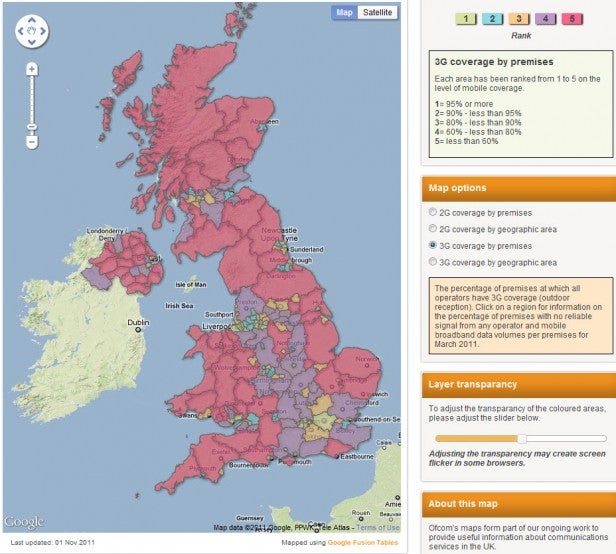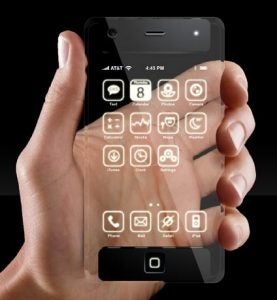The Breakthrough In Britain’s 4G Broadband Bedlam

John Whittingdale, MP and Chair of the Committee overseeing Britain’s 4G auction, stepped into the limelight on Thursday:
“Ofcom has had a very difficult job adjudicating between competing and polarised interests, and we are concerned that constant disagreement and special pleading from the four mobile network operators appears to have further delayed the spectrum auction,” he stated. “We believe that the basic rules for the auction which Ofcom has laid down are sensible and fair, and that further delays will result in the UK falling further behind in this vital area. The auction needs to proceed as soon as possible.”

These words aren’t hollow, they are driven out of necessity. On Monday Three announced 97 per cent of the traffic travelling through its network is now data. It described the figure as “amazing… [yet] even more amazing when you know that since June last year and September this year (just 14 months) we’ve seen a 427% increase in data usage on Three for smartphone customers. Downloading apps, streaming movies, getting around town with Google Maps, even checking in on Facebook – it all adds up, and you’re doing it now more than ever.”
‘Amazing’ is one word for it, but ‘problem’ is another. Congestion is the fundamental problem at the heart of UK 3G broadband. Three may appear to be crowing about its growth, but it is actually sending out a coded SOS to Ofcom: W.e.N.e.e.d.4.G.N.o.w. As if by magic on Tuesday Ofcom’s UK telecoms report was finally revealed highlighting that issues with 3G coverage are far greater than previously thought (see map above) and as such 48 hours later Whittingdale’s message that the government is putting its foot down on the 4G auction brings to an end a tumultuous and potentially breakthrough week.

Consequently we come back to “mid-2012”, the back on track timeframe now being bandied about by all parties to show everything is finally in order. It isn’t. The date remains vague and it misses one crucial period 4G was meant to be ready for: the London 2012 Olympics. Instead late 2013 is the earliest the first mainstream 4G services will go live, greeted by a smartphone obsessed world carrying iPhone 6, iPad 4 and Galaxy S4 data consuming monsters. By then there is also every chance Vodafone or O2 will have gobbled up Three as both fear being left behind by the newly minted Everything Everywhere mother ship.
On the plus side government ambitions have risen. Crucially Ofcom has agreed to expand UK coverage by the sumptuous 800MHz spectrum from 95 per cent to 98 per cent. So when 4G networks do arrive they should be more comprehensive and this whole debacle may ultimately be worth it…

